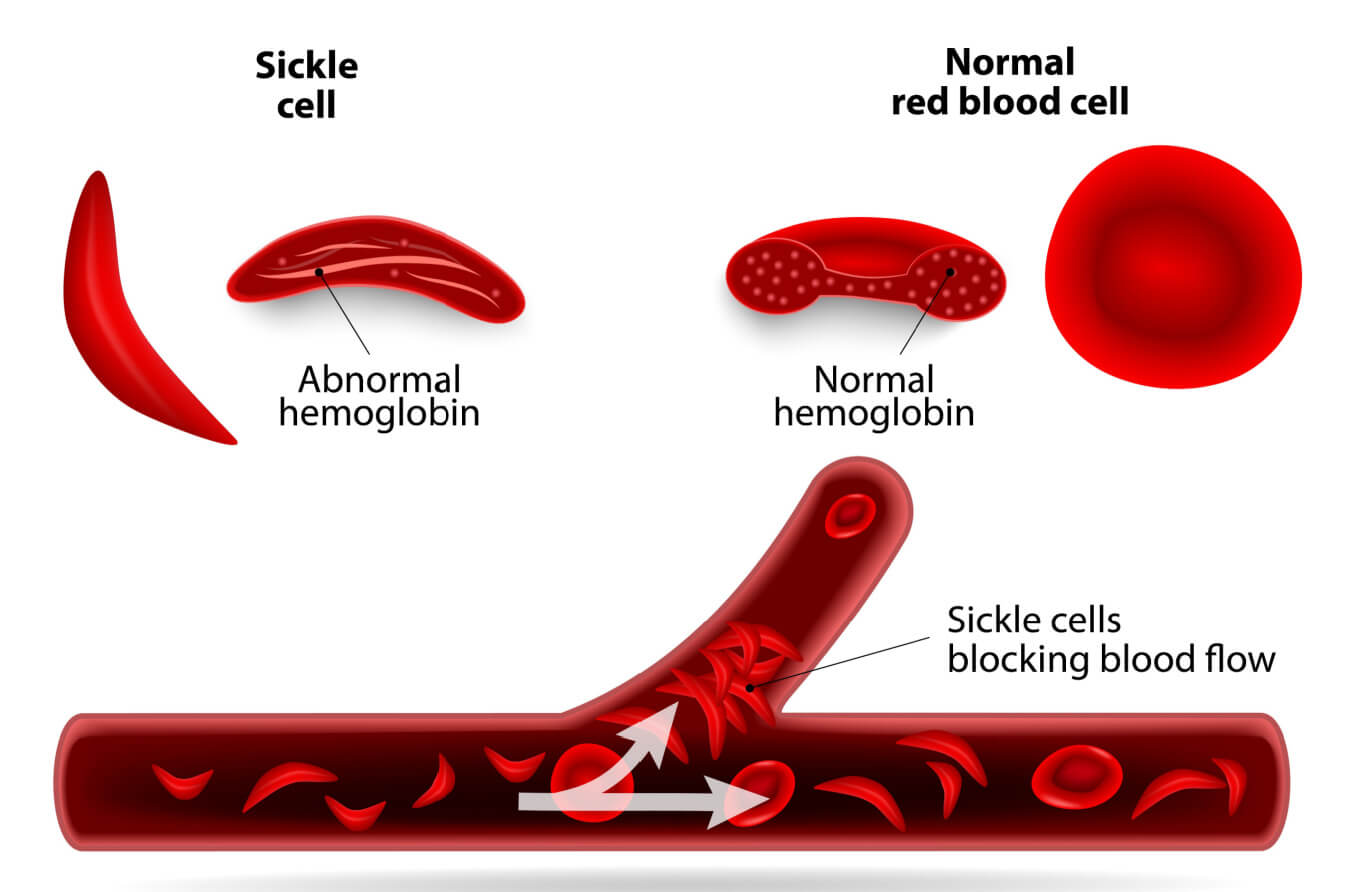A nurse is providing teaching about phenylketonuria (PKU) testing to the parent of a newborn. Which of the following statements by the parent indicates a need for additional teaching?
“My baby will be placed under special lights if the test result is positive.”
“This test checks for a genetic disorder that can be managed by diet.”
“Sometimes the test is repeated in the doctor’s office at the baby’s 2-week check-up.”
“My baby needs to be on formula or breast milk before the test can be done.”
The Correct Answer is A
Choice A Reason:
The statement “My baby will be placed under special lights if the test result is positive” indicates a need for additional teaching. This statement is incorrect because special lights are used for treating jaundice, not phenylketonuria (PKU). PKU is a genetic disorder that requires dietary management, not light therapy. If a newborn tests positive for PKU, the treatment involves a special diet low in phenylalanine to prevent the buildup of this amino acid in the body, which can cause brain damage and other serious health issues.
Choice B Reason:
The statement “This test checks for a genetic disorder that can be managed by diet” is correct. PKU is indeed a genetic disorder that can be managed through a strict diet low in phenylalanine. This diet helps prevent the accumulation of phenylalanine in the body, which can lead to intellectual disabilities and other health problems. Therefore, this statement does not indicate a need for additional teaching.
Choice C Reason:
The statement “Sometimes the test is repeated in the doctor’s office at the baby’s 2-week check-up” is also correct. It is common practice to repeat the PKU test if the initial test was done before the baby was 24 hours old. This ensures accurate results and helps in early detection and management of the disorder. Hence, this statement does not indicate a need for additional teaching.
Choice D Reason:
The statement “My baby needs to be on formula or breast milk before the test can be done” is accurate. For the PKU test to be effective, the baby needs to have ingested some protein from breast milk or formula. This is because the test measures the level of phenylalanine in the blood, which comes from protein intake. Therefore, this statement does not indicate a need for additional teaching.
Nursing Test Bank
Naxlex Comprehensive Predictor Exams
Related Questions
Correct Answer is C
Explanation
Choice A Reason:
Administer meperidine every 4 hours for pain. This is not recommended for children with sickle cell anemia. Meperidine is an opioid analgesic, but it is not the preferred choice for managing pain in sickle cell patients due to its potential for causing seizures and other side effects. Instead, other pain management strategies, such as acetaminophen, NSAIDs, or other opioids like morphine, are preferred.
Choice B Reason:
Apply cold compresses to painful, swollen joints. This is not recommended for children with sickle cell anemia. Cold compresses can cause vasoconstriction, which can worsen the pain and potentially trigger a sickle cell crisis. Instead, warm compresses are recommended to help alleviate pain and promote blood flow.
Choice C Reason:
Position extremities extended. This is the correct intervention. Positioning the extremities extended helps to promote blood flow and prevent vaso-occlusive episodes, which are common in sickle cell anemia. Proper positioning can help reduce pain and improve circulation.
Choice D Reason:
Discourage a high level of fluid intake. This is not recommended for children with sickle cell anemia. Adequate hydration is crucial for preventing sickle cell crises. Encouraging a high level of fluid intake helps to keep the blood less viscous and reduces the risk of vaso-occlusive episodes. Dehydration can exacerbate the condition and lead to complications.

Correct Answer is D
Explanation
Choice A Reason:
Poor appetite can be a symptom of nephrotic syndrome, but it is not as critical as facial edema. Poor appetite is common in many illnesses and does not specifically indicate a worsening of nephrotic syndrome. While it should be monitored, it does not require immediate reporting unless it is severe and persistent.
Choice B Reason:
Yellow nasal discharge typically indicates a respiratory infection, such as a cold or sinus infection. While it is important to address, it is not directly related to nephrotic syndrome and does not indicate a worsening of the kidney condition. It should be treated separately and does not require immediate reporting to the provider in the context of nephrotic syndrome.
Choice C Reason:
Irritability can be a symptom of many conditions, including nephrotic syndrome, but it is not as specific or urgent as facial edema. It can be caused by discomfort, pain, or other factors and should be monitored. However, it does not require immediate reporting unless it is severe and persistent.
Choice D Reason:
Facial edema is a significant finding in nephrotic syndrome and should be reported to the provider immediately Edema, or swelling, is a hallmark symptom of nephrotic syndrome and indicates that the kidneys are not functioning properly. Facial edema, in particular, can be a sign of worsening kidney function and requires prompt medical attention to prevent further complications.

Whether you are a student looking to ace your exams or a practicing nurse seeking to enhance your expertise , our nursing education contents will empower you with the confidence and competence to make a difference in the lives of patients and become a respected leader in the healthcare field.
Visit Naxlex, invest in your future and unlock endless possibilities with our unparalleled nursing education contents today
Report Wrong Answer on the Current Question
Do you disagree with the answer? If yes, what is your expected answer? Explain.
Kindly be descriptive with the issue you are facing.
